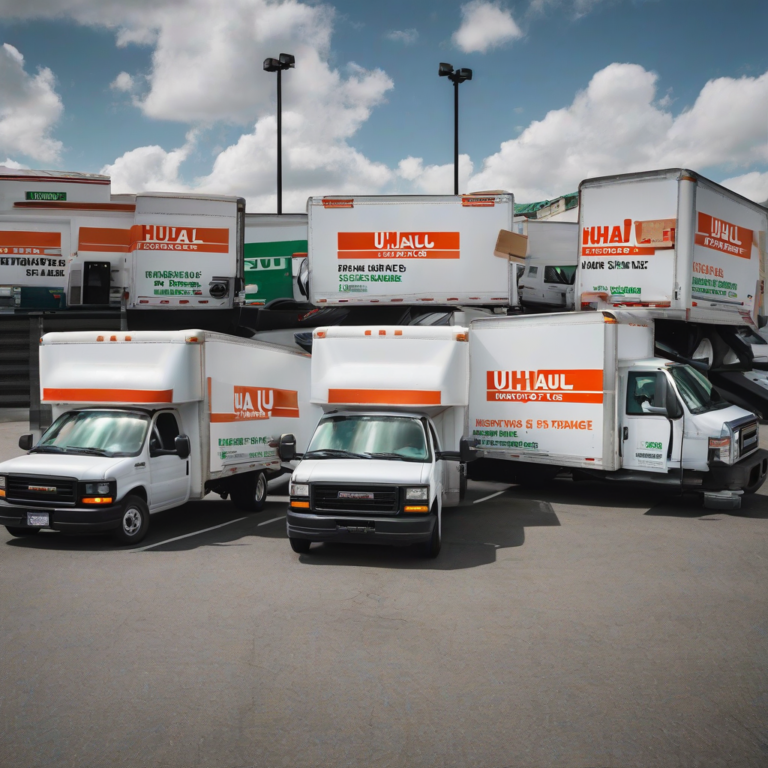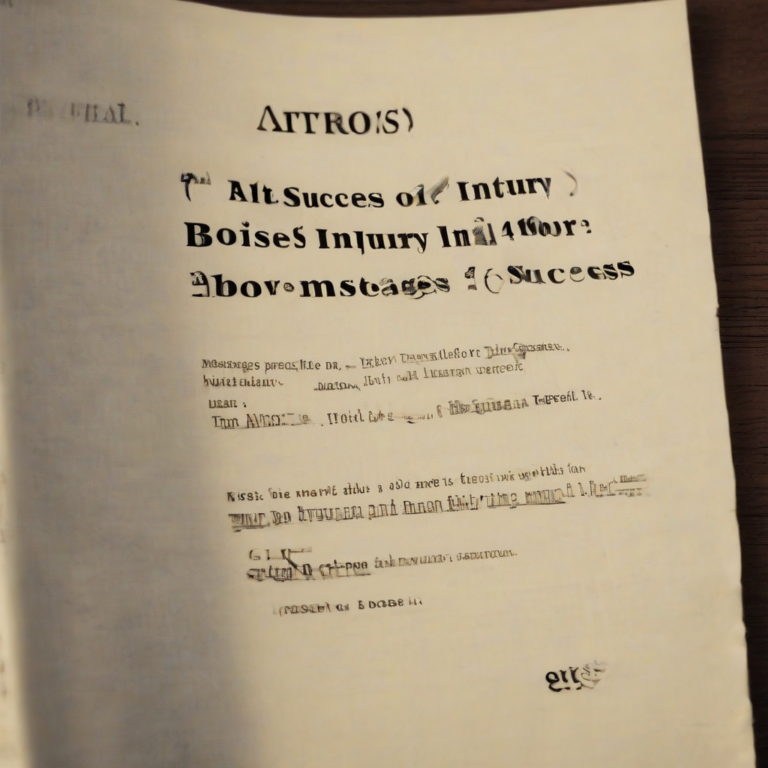
Finding Your Perfect Boat Donation Near You: A Comprehensive Guide
Donating a boat can be a rewarding experience, allowing you to contribute to a worthy cause while decluttering your life. However, navigating the process of finding the right organization and ensuring a smooth donation can be challenging. This guide provides a comprehensive overview of how to find boat donation opportunities near you, covering everything from identifying suitable charities to understanding the tax implications.
Identifying Potential Boat Donation Recipients
Before contacting any organization, it’s crucial to research charities that accept boat donations. The type of boat you own will significantly influence the suitable recipients. Consider the following:
- Charities focused on marine conservation: Many organizations dedicated to protecting marine life and ecosystems accept boat donations. These boats are often used for research, educational programs, or patrolling protected areas. Search for “marine conservation charities near me” to find potential recipients.
- Organizations supporting disabled individuals: Certain adaptive boating programs provide recreational opportunities for people with disabilities. If your boat is suitable for modification and adaptation, these organizations might be excellent recipients.
- Youth programs and summer camps: Many youth programs utilize boats for educational purposes, such as sailing lessons or fishing trips. If your boat is safe and functional, it could greatly benefit a local youth organization.
- Search and rescue organizations: If your boat is robust and suitable for rescue operations, consider donating it to a local search and rescue team. This will directly benefit community safety and emergency response.
- Veterans’ organizations: Some veterans’ organizations offer therapeutic and recreational boating programs to support veterans’ well-being. Check for local chapters that accept boat donations.
- Educational institutions: Maritime academies and schools with marine programs may be interested in your boat for training purposes. Contact relevant departments at local colleges or universities.
Online Resources for Finding Boat Donation Opportunities
The internet provides several resources to help you locate suitable charities:
- Charity Navigator: This website allows you to search for charities by location and cause, ensuring you donate to a reputable organization.
- GuideStar: Similar to Charity Navigator, GuideStar provides detailed information on non-profit organizations, including their financial stability and program effectiveness.
- Google search: A simple Google search for “boat donation charities near me” or “marine conservation charities [your city/state]” can yield relevant results.
- Local news websites and community forums: Check your local news sources and community forums for announcements from charities seeking boat donations.
Factors to Consider Before Donating
Before making a donation, consider the following factors:
- Boat condition: Be honest about the condition of your boat. Organizations may not accept boats that require extensive repairs or are unsafe. Provide clear and detailed information about its condition, including any necessary repairs.
- Documentation: Gather all relevant documentation, including the boat’s title, registration papers, and maintenance records. This will expedite the donation process and ensure a smooth transfer of ownership.
- Tax implications: Consult a tax professional to understand the tax deductions associated with your boat donation. The value of the donation will affect your tax liability, and accurate documentation is essential for claiming deductions.
- Transportation: Determine how the boat will be transported to the recipient organization. You might be responsible for the transportation costs, or the organization may arrange for pickup. Clarify this beforehand to avoid any misunderstandings.
- Liability: Understand your liability after the donation. Ensure you have transferred ownership legally and are no longer responsible for any accidents or incidents involving the boat.
- Organization’s reputation: Thoroughly research the organization’s reputation and ensure it is a legitimate and trustworthy charity.
Directly Contacting Charities
Once you’ve identified potential recipients, contact them directly to inquire about their boat donation policies. This involves:
- Reviewing their website: Many charities have detailed information on their websites regarding donations, including accepted items and donation procedures.
- Contacting them via phone or email: Contact the organization directly to discuss your specific boat and its suitability for their programs. Provide detailed information about the boat’s make, model, year, condition, and any relevant features.
- Following their specific donation guidelines: Each organization will have its own procedures for accepting donations. Follow their guidelines carefully to ensure a smooth and efficient donation process.
Alternatives to Direct Donation
If direct donation to a charity isn’t feasible, consider these alternatives:
- Selling your boat and donating the proceeds: Selling your boat and donating the proceeds to a charity allows you to choose the recipient and ensure your donation supports a specific cause.
- Consignment sales: Consider using a boat consignment service to sell your boat. This allows you to receive a portion of the proceeds while minimizing the effort involved in selling it privately.
- Trading your boat for a newer model: Some dealerships offer trade-in options, allowing you to upgrade your boat while potentially contributing to the donation of the old one.
Legal and Tax Considerations
Understanding the legal and tax implications of your boat donation is crucial:
- Transferring ownership: Ensure a proper transfer of ownership to the recipient organization to avoid future liabilities. This typically involves signing over the title and registration documents.
- Tax deductions: You can deduct the fair market value of your boat donation from your taxes, up to certain limits. Obtain a written acknowledgment from the charity detailing the donation’s value. This acknowledgment is crucial for claiming the deduction.
- Consulting a tax professional: It’s highly recommended to consult a tax professional for personalized advice regarding the tax implications of your boat donation. They can help you navigate the complexities of tax deductions and ensure compliance with IRS regulations.
Preparing Your Boat for Donation
Before donating your boat, take the following steps:
- Clean and detail the boat: Presenting a clean and well-maintained boat increases its chances of acceptance and demonstrates respect for the recipient organization.
- Remove personal belongings: Remove all personal items, ensuring the boat is ready for immediate use by the recipient organization.
- Repair any minor issues: Fixing minor issues can make the boat more appealing to potential recipients and increase its value.
- Gather necessary documentation: Gather all relevant documentation, including the title, registration, and maintenance records.
Frequently Asked Questions (FAQs)
- Q: What types of boats are accepted by charities? A: This varies widely based on the charity. Some organizations prefer smaller, easily manageable boats, while others may accept larger vessels suitable for their specific purposes. Contact the charity directly to discuss your boat’s suitability.
- Q: What if my boat needs repairs? A: The condition of your boat will significantly affect the acceptance process. Minor repairs might be acceptable, but major repairs may make it unsuitable for donation. Be upfront about the boat’s condition when contacting potential recipients.
- Q: How do I claim a tax deduction for my boat donation? A: Obtain a written acknowledgment from the charity confirming the donation and its fair market value. This acknowledgment is essential for claiming the deduction on your tax return. Consult a tax professional for guidance.
- Q: Who is responsible for transporting the boat? A: This depends on the organization’s policies. Some organizations may arrange for pickup, while others may require you to transport the boat. Clarify this beforehand to avoid any misunderstandings.
- Q: What if I can’t find a suitable charity? A: Consider selling your boat and donating the proceeds. Alternatively, explore other options such as consignment sales or trading in your boat for a newer model.





